Projects
Meet the Team
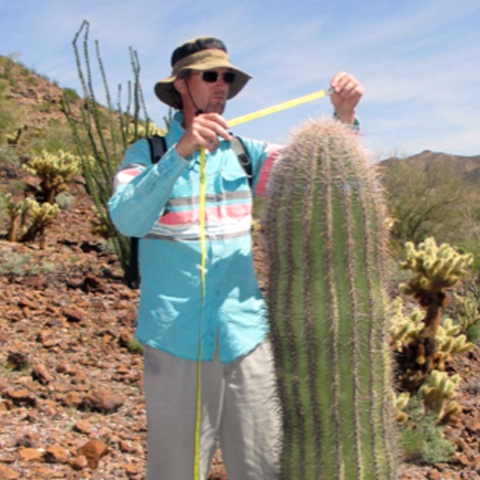
Kevin Hultine (Ph.D.)
Lab director / Plant Ecophysiologist
Hultine’s expertise involves studying how plants cope with environmental stress in desert ecosystems in urban, riparian and upland areas. He is focused on the duel effects of drought and thermal stress on plants and ecosystems in dryland regions worldwide. He applies stable isotope methods, measurements in plant water relations and measurements of plant carbon allocation and storage to improve the understanding of how desert plant systems function at multiple scales.
Google scholar: https://scholar.google.com/citations?user=04hEUKIAAAAJ&hl=en
ORCID: https://orcid.org/0000-0001-9747-6037
[email protected] | phone: 480.481.8195
Lab Director / Plant Ecophysiologist
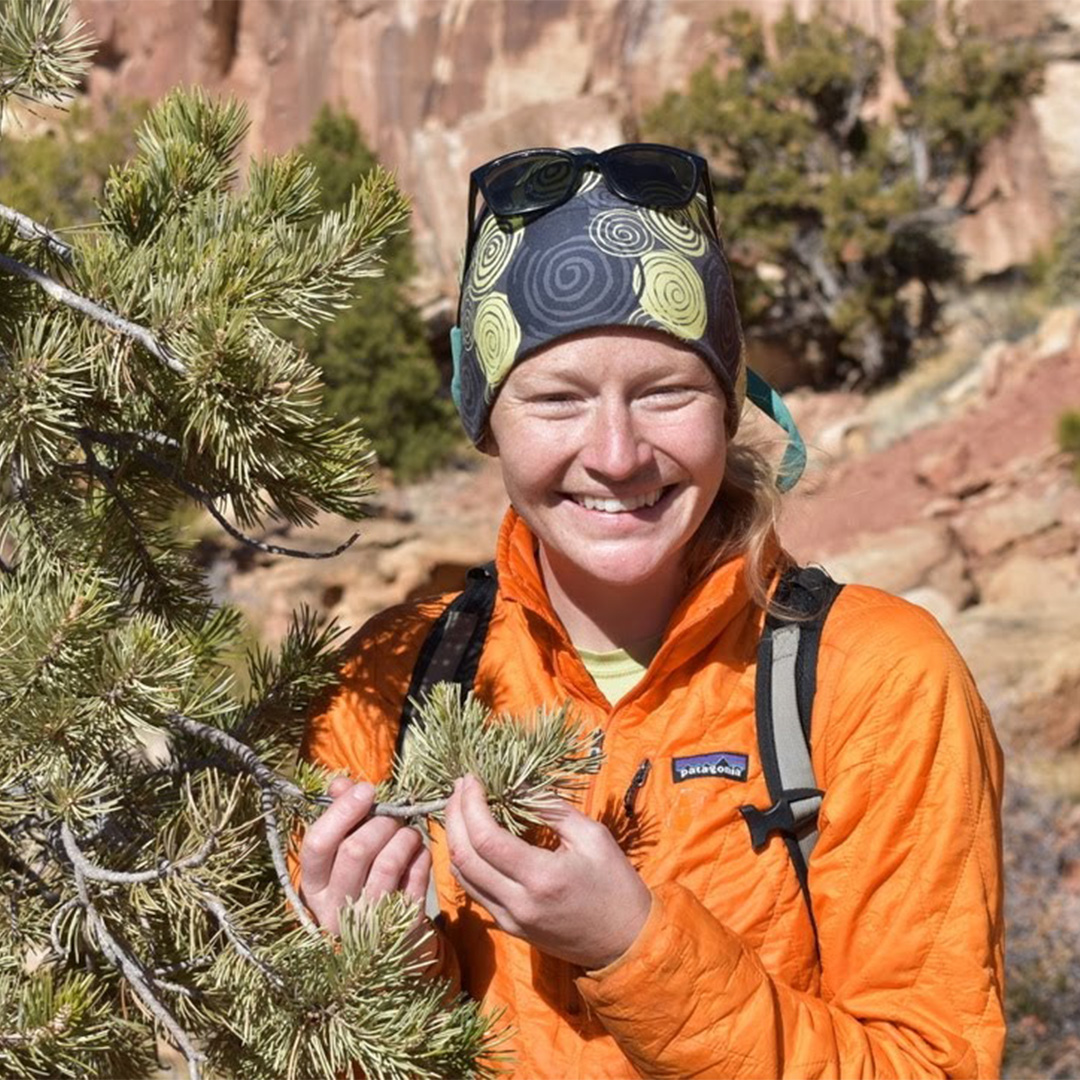
Kelly kerr (ph.d)
Kelly received her PhD from the University of Utah. Her research interests revolve around the resiliency of forest tree species to climate change. She is particularly interested in using tree physiology, genetics and modeling to understand and predict tree species’ responses to the environment.
Postdoctoral Fellow, University of California, Santa Barbara
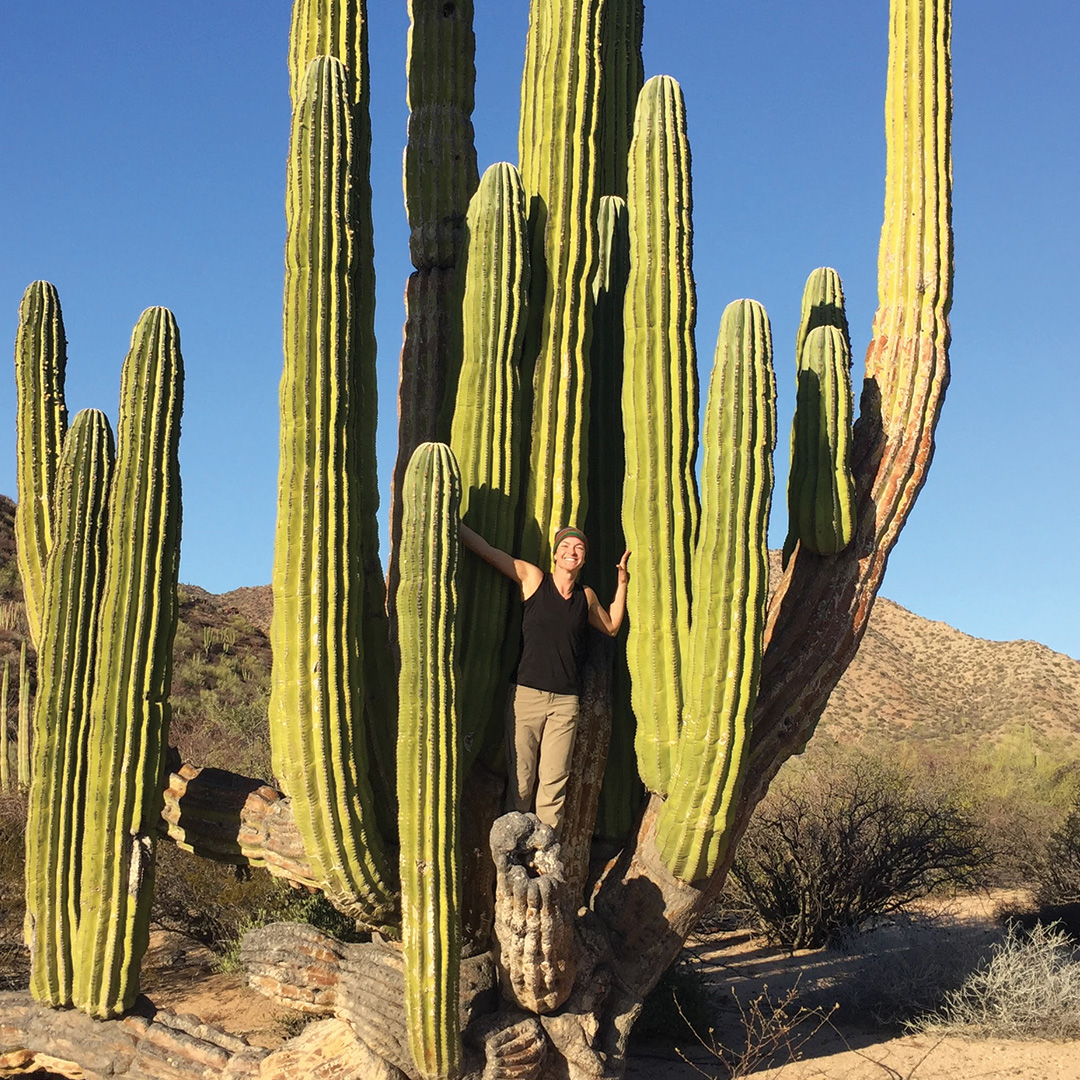
Susan Bush (Ph.D)
Bush is a global change ecologist whose research has largely focused on fluxes of carbon and water in both urban and natural ecosystems. Her research effort has spanned scales from leaf-level gas exchange and xylem vascular hydraulics of individual plants to landscape scale investigations of water and carbon exchange with the atmosphere as impacted by anthropogenic factors (urbanization, invasive species, and climate change).
Field Ecology Program Director
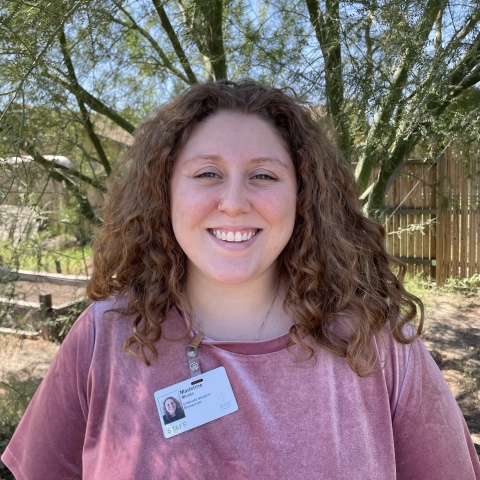
Madeline Moran (M.S.)
M.S. Plant Biology and Conservation, Arizona State University (In progress)
Huizingh Desert Research Fellowship Award
Moran’s background is in plant ecology/conservation and environmental education. Moran’s research interests include how plants physically respond to environmental stress, the implications of those responses within their ecosystem and finding community-based solutions to conservation issues. Currently, she is working on her masters about how the thermal tolerance of cottonwood leaves differs in varying climate conditions and how increasing temperatures might alter the efficacy of photosynthesis in these trees.
Madeline Moran was recently awarded the Huizingh Desert Research Fellowship. The award provides five years of funded to support her PhD program to study the thermal tolerance of plants exposed to heat stress. Madeline becomes the second student to receive this prestigious award. Congratulations Madeline!
Ph.D. Arizona State University/Desert Botanical Garden (In progress)
Huizingh Desert Research Fellowship Award
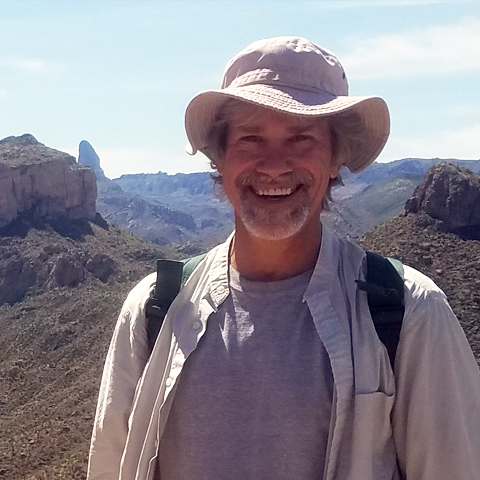
Dan Koepke (M.S.)
Plant Functional & Physiological Ecology Research Assistant
Koepke assists lab personnel and colleagues with field and laboratory projects. His work focuses on plant hydraulics and seeks to identify morphological and physiological traits that respond to environmental stresses, and how these traits are interrelated. In turn, information about trait expression improves the ability of site managers to restore ecosystems faced with environmental change.
Senior Research Assistant
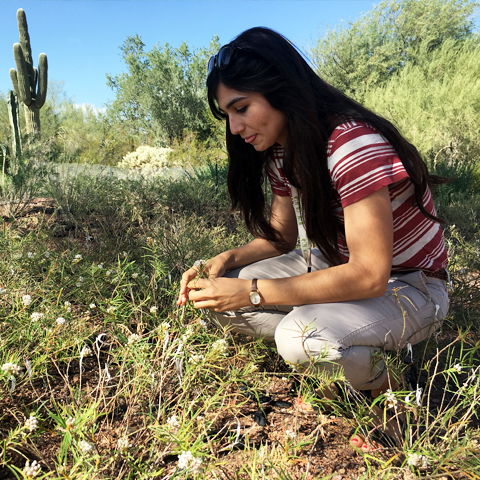
Natalie Melkonoff (B.S.)
PhD. Biology, Arizona State University/Desert Botanical Garden (In progress)
Melkonoff’s work is focused on the interactions between plants and animals and how the physiological processes of both impact their interdependence on one another and their ability to thrive under different environmental stressors. She is currently working on her Ph.D. with a focus on the interactions between milkweed, monarch butterflies and pollinators in the Sonoran Desert. She also coordinates Desert Botanical Garden’s monarch and pollinator conservation initiative, Great Milkweed Grow Out.
[email protected] | 480.941.3516
Ph.D. University of Arizona/Desert Botanical Garden (In progress)
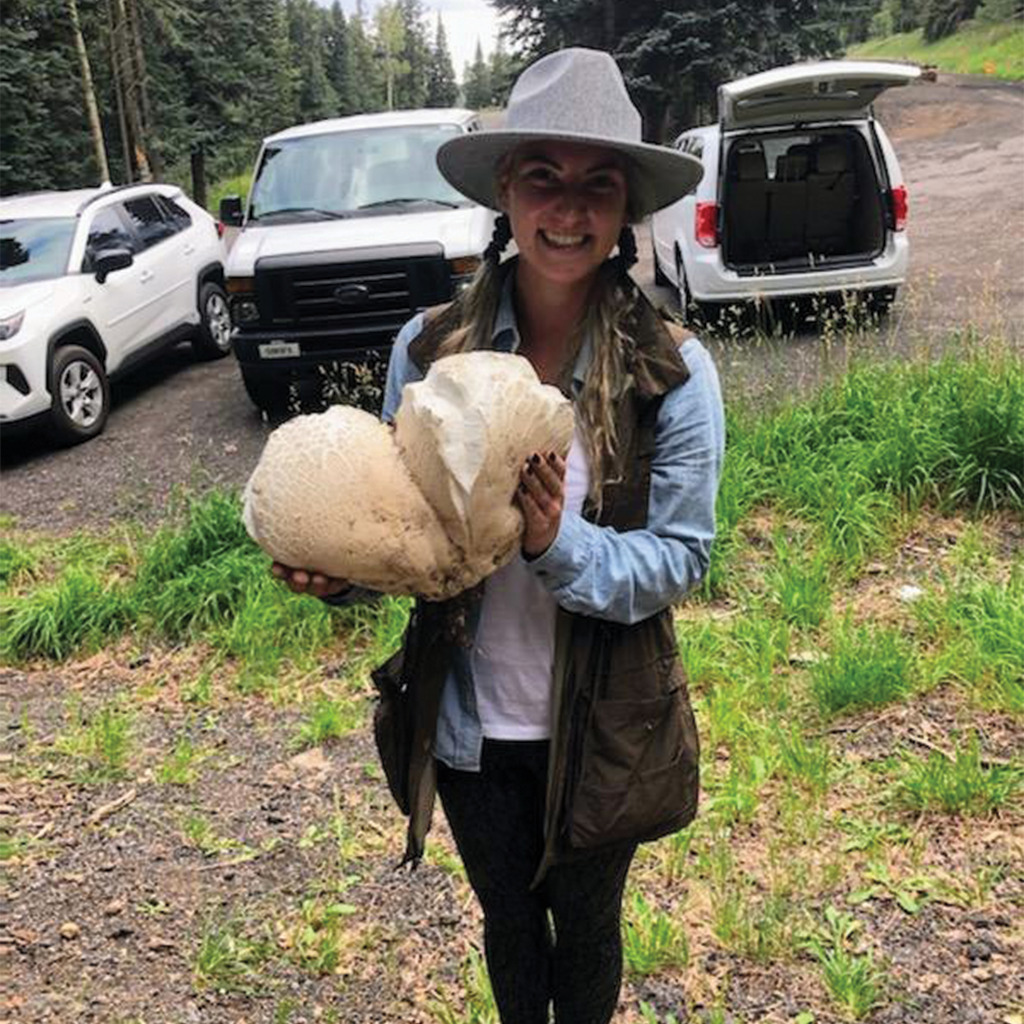
Ali Schussler (M.S.)
Ali manages the plant physiology and molecular labs. Where she works with the traits and function of traits in desert and arid riparian plants, along with the genomics and phylogenies of agave, cactus and other desert plants. One of her personal research interests is on dark septate endophytic fungi and how they influence plants in desert and riparian systems, where these fungi are potentially aiding plant growth regulator production, nutrient and water uptake and other positive plant growth responses.
Lab Manager
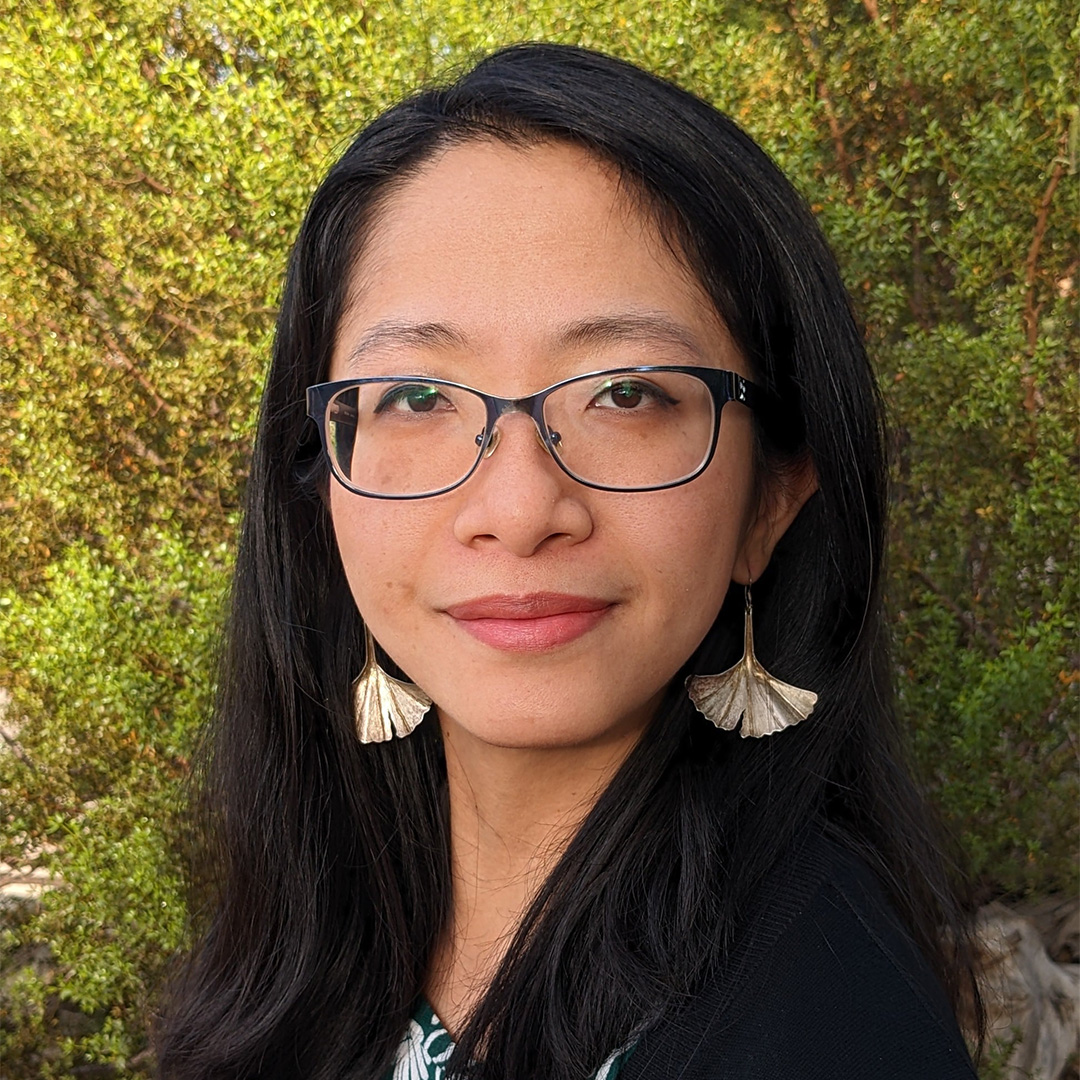
Jessica Guo (PH.D)
Data Science Program Director
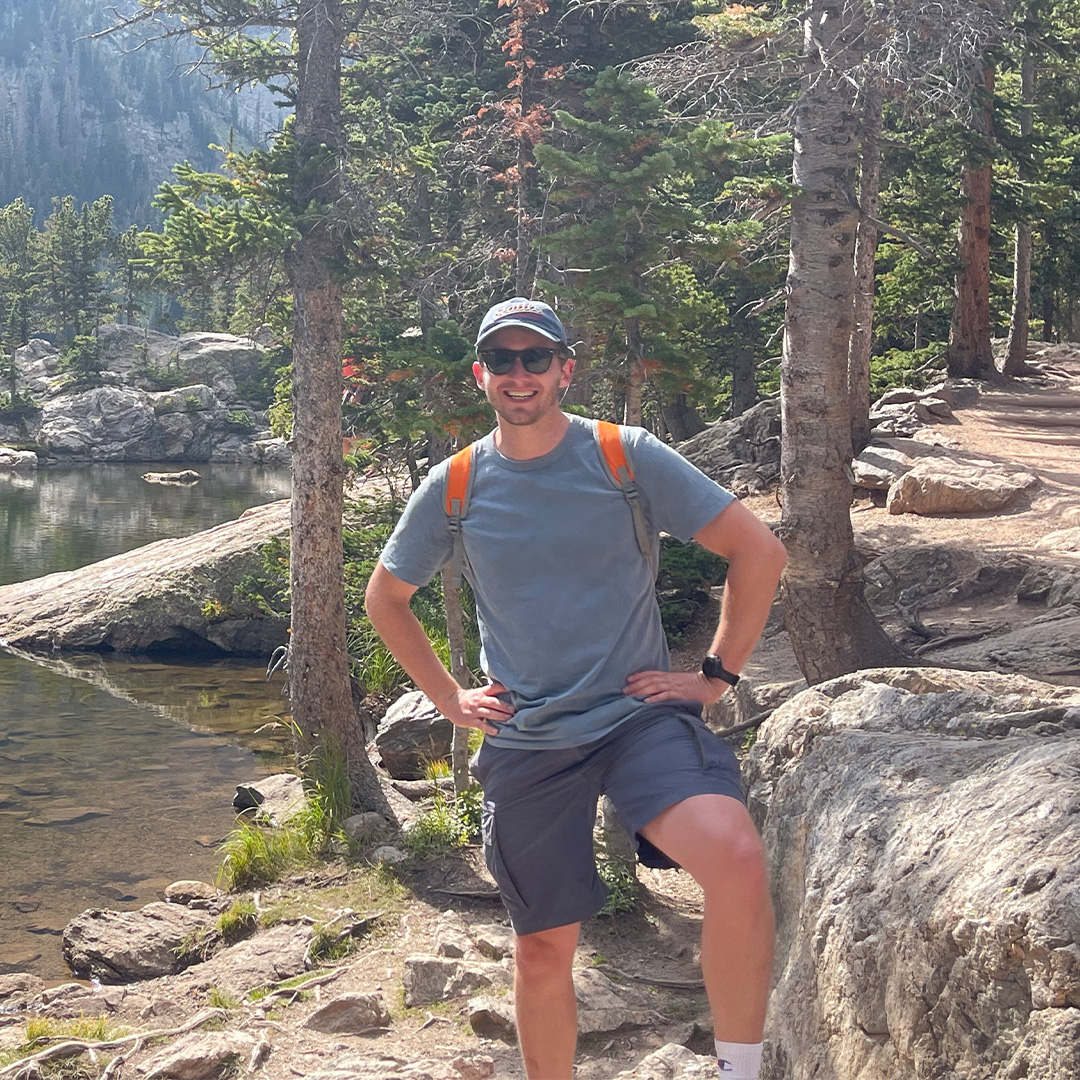
Brad Posch (Ph.D)
Dr. Posch is a plant ecophysiologist who studies how plants respond to environmental stressors such as heat and drought. Posch received his Ph.D. from the Australian National University and has worked as a postdoc under Dr. Nick Smith at Texas Tech University. Although Posch’s research focuses on leaf gas exchange, he is also interested in the biochemical processes underlying physiological responses to warming.
Plant Ecophysiologist
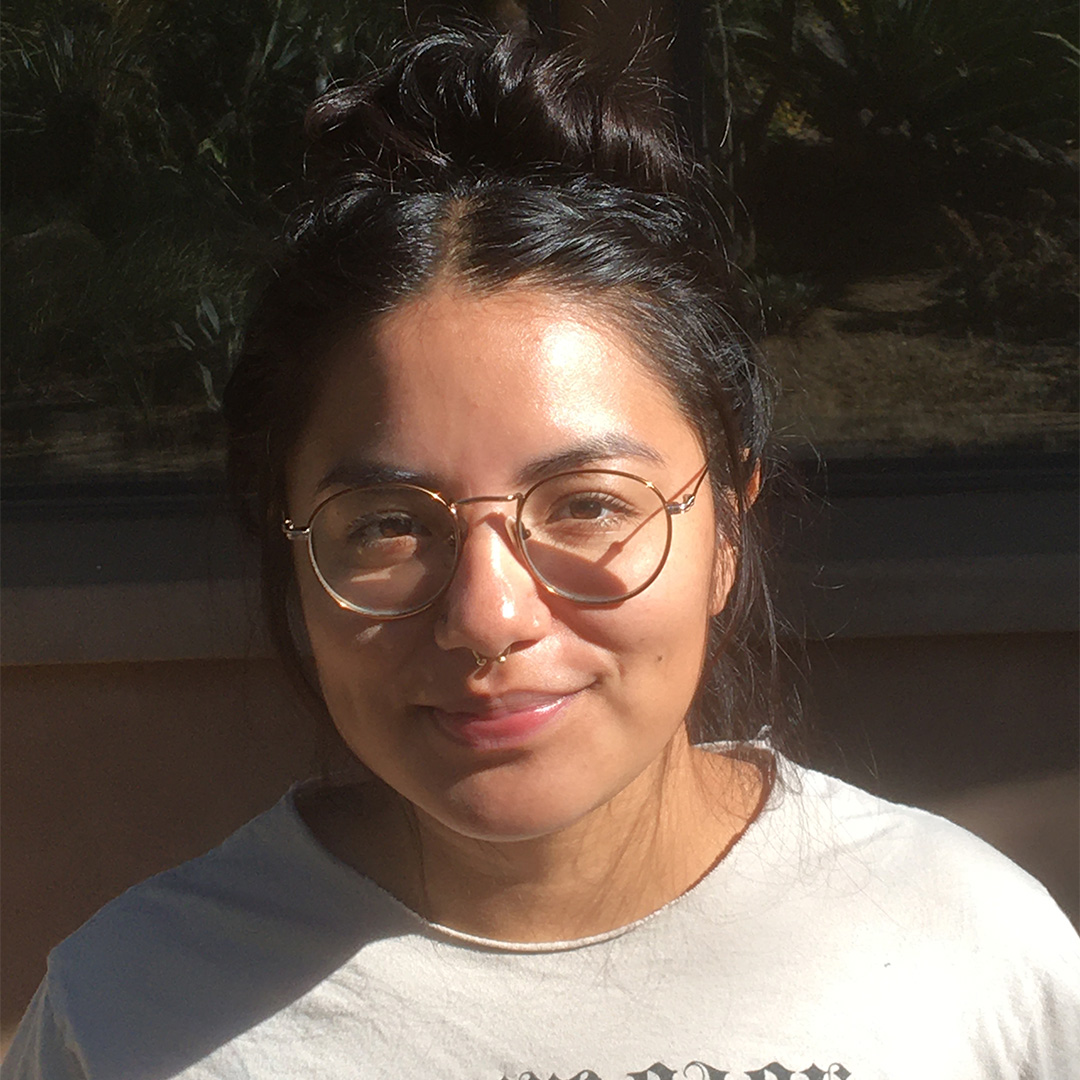
SUSAN ALBOR (B.S)
Susan Albor’s background is in soil ecology and environmental science. Albor’s research interests include studying interactions between plants and mycorrhizal fungi and how plant traits are shaped by their relationships with beneficial soil microbes. Currently she is working on her PH.D. studying how plant microbe interactions may increase the thermal tolerance of plants when exposed to heat stress. Susan Albor’s received a prestigious Graduate Research Fellowship from the National Science Foundation to support her doctoral studies.
Ph.D. Arizona State University/Desert Botanical Garden (In progress)